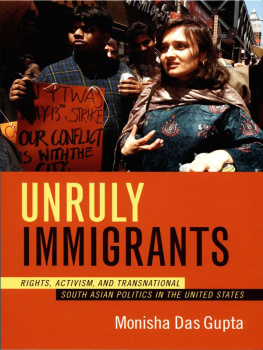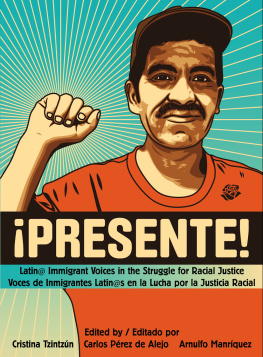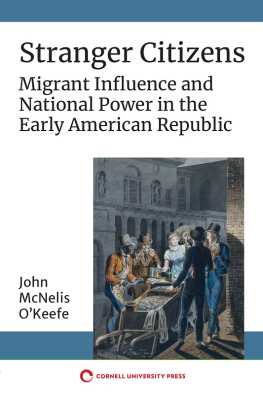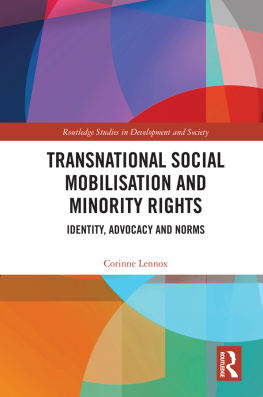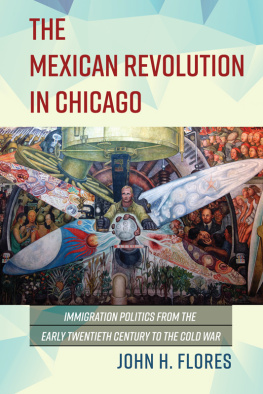Typeset in Adobe Jenson by Keystone Typesetting, Inc.
Library of Congress Cataloging-in-Publication Data appear on the last printed page of this book.
ACKNOWLEDGMENTS
This book is the product of the insights, commitments, passion, and vision of the activists whose work makes social justice possible. My heartfelt gratitude goes to all those who participated in this project and sustained it with their unwavering belief in its importance. My comrades and friends in South Asian Women for Action have lived this project with me. I owe my politics and my thinking on social change to these incredible womenSerena Sundaram, Riti Sachdeva, Ramani Sripada-Vaz, Kalpana Subramanian, Hardeep Mann, Sameeta Ahmed, Sunu Chandy, Latha Ravi, Lina Sheth, Karen Vasudavan, Sunita Mani, Falu Bakrania, and Maya Rege. The circle of love with which they surrounded me in Boston has traveled with me. While Laurie Prendergast was not part of SAWA, she hung out with us, and I am glad she did. I have benefited immensely from her love, care, wisdom, and her superb indexing. The friendship that Bhairavi Desai has extended to me has been an unexpected gift. I have learned much from her about organizing. She and the New York Taxi Workers Alliance Organizing Committee taught me one of my most important lessonsthe place of compassion in political work.
A number of activists based in the academy have also supported my work. Becky Thompson committed herself to seeing this book in print. She gave me my first tutorials in publishing, and my dissertation was reborn as a book in her living room. Each chapter has benefited from her valuable feedback and constant encouragement. Linda Cartys rigorous attention to questions of political economy has profoundly informed my analysis, and her life as an activist in the academy has instructed my career. M. Jacqui Alexander inspired me with her politics. Ben Davidson, who I met my first semester at Brandeis University, and Greg Riley have continued to clarify for me the stakes in the process of writing. Piya Chatterjee, Gayatri Gopinath, Kamala Visweswaran, Julia Sudbury, and Colin Danby have greatly strengthened my work with their suggestions and their intellectual-political commitments. I am immensely grateful to the reviewers of the manuscript for their very helpful comments. My partner and intellectual companion, Richard Rath, has shared my every thought, every doubt, and every moment of exhilaration and despair. We have wrestled together with conceptualizing and working on this project. His contributions to this work defy enumeration.
At the University of Hawaii at Manoa I am fortunate to be part of a community of scholars who have pushed my analysis in new directions. Cynthia Franklin, Linda Lierheimer, Laura Lyons, Kieko Matteson, Naoko Shibusawa, and Mari Yoshihara have with care, patience, and attention read countless drafts of my chapters. Without their emotional support, depth of knowledge, political clarity, and deadlines, this book would not have moved forward at the pace that it did. Jorge Fernandess thinking on migrancy and his unstinted generosity that extended even to tech support have been indispensable. He is sorely missed. Esther Figueroa raised difficult yet key questions with much love and humor. A number of my chapters are stronger as a result of valuable comments from Candace Fujikane, Jon Okamura, S. Charusheela, Davianna McGregor, and Robert Perkinson. I thank the College of Social Sciences and all my colleagues in Ethnic Studies and Womens Studies for their support. Jon Goldberg-Hiller and Noenoe Silva have given me useful advice throughout the course of my work. Many thanks to Jodi Mattos at Hamilton Library, especially during the trying months after the flood, and to Peter Tsuru in the College of Social Sciences. A grant from the University Research Council was of considerable help.
I am immensely grateful to the editors and staff of Duke University Press. Ken Wissoker brought his keen understanding to the project. His enthusiasm and skill have been critical, as has Courtney Bergers help with the practical details of putting together a book along with her reassuring e-presence and promptness. Himanee Gupta, Charlene Tuchovsky, and Payal Banerjee have been outstanding research assistants who also supported me in many moments of panic. I thank the Sociology Department at Syracuse University for assigning Payal and Charlene to me and for the other forms of support for my research.
The faith my family has shown me has helped me every step of the way. My parents, both dedicated professors, helped me take the leap into graduate studies abroad. Though we live our daily lives apart, I have felt their encouragement and belief in me every day. My uncle, Ashoke, has been like a sheltering canopy over my head. Ruchira, my sister, who pushed me to return to school, has sustained me with her love, understanding, and determination. In my extended nonbiological family abroad I have been nurtured by Rajiv Gulati, David Pauley, Edgar Young, Michael Kane, Lyn Bigelow, Sudipta Sen, and Claudia Klaver. I also want to thank Janine Wrzesniewski, Rosemary Adam-Terem, and Terry Needles for restoring me to health. Finally, I am grateful to the land, seas, and skies of the islands of Hawaii for feeding my eyes and soul.
A section in has been informed by my essay Of Hardship and Hostility: The Impact of 9/11 on New York City Taxi Drivers in Wounded City: The Social Impact of 9/11, edited by Nancy Foner (New York: Russell Sage Foundation, 2005), 20841.
INTRODUCTION
Encounters
The wait at the immigration office has already eaten up half of my day. I arrived at the office before 7 AM to join the lengthening queue of women and men. At that hour of the morning, our eyelids are heavy and our voices thick with sleep. Once inside the waiting area, the sharp questions at every turn and the blink of ticket numbers leave no room for torpor. As I wait, I scan the faces of the immigration officials behind the glass partition, hoping to get someone reasonable. All I need is a temporary permit to allow me, as an F-1 international graduate student, to work twenty hours offcampus in order to support myself. As a foreign national, admitted to the United States as a non-immigrant alien, I am legally restricted from being employed outside the university I attend.
Low grumbles reach my ear. A familya couple and their preschool childwas just turned away because they needed one more piece of documentation, which, of course, they did not have with them. A white woman sponsoring her Middle Eastern spouse loudly demands to know what is delaying the paperwork for her husband. The officer first tries to ignore her. But the woman insists that she has a right to know, and the officer is forced to answer her question. Emboldened by this exchange, a few of us sitting in the third row who are also waiting to hear our fate turn to each other with a flurry of INS harassment stories. Things then quiet down, and I wait.
An officers bark breaks through the low hum of the waiting area.
How did you live? Her tone, directed at the man at her counter, is sharp.
What do you mean? the man asks in confusion. He is South Asian, probably North Indian judging from his accent.
How did you live? The decibel rises.

